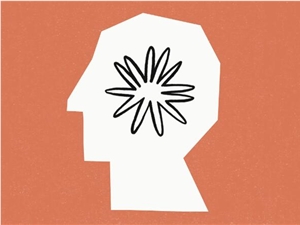OpenAI Deepens Collaboration with U.S. Government
Leading artificial intelligence company OpenAI recently signed a $200 million contract with the U.S. Department of Defense to explore practical applications of AI in administrative management and security tasks. This one-year pilot project will be implemented by OpenAI's newly established "OpenAI for Government" division, marking further expansion of the company's government collaboration efforts.
It is reported that this contract is the first major project since the establishment of the "OpenAI for Government" division, which consolidates OpenAI's existing government collaboration businesses, including ChatGPT Gov designed specifically for government staff, as well as other collaborative projects with NASA, the National Institutes of Health, the Air Force Research Laboratory, and the U.S. Treasury Department.
Focusing on Healthcare and Cybersecurity
According to the contract content, OpenAI's AI technology will be applied in several key areas, including assisting U.S. military personnel in accessing healthcare services and strengthening the ability to prevent cyber attacks. This cooperation not only reflects the U.S. Department of Defense's emphasis on AI technology but also demonstrates OpenAI's potential in national security and public service sectors.
In addition, OpenAI has previously collaborated with weapons manufacturer Anduril Industries Inc. to develop AI technology for anti-drone systems. This new cooperation with the U.S. Department of Defense further solidifies its involvement in the military and security fields.
Industry Impact and Future Outlook
This cooperation has drawn significant attention from both the tech industry and policymakers. Supporters believe that applying AI technology to government agencies and defense can significantly improve efficiency, reduce costs, and enhance national security capabilities. However, there are also concerns about the potential risks of AI in the military sector, particularly regarding ethics and transparency.
OpenAI stated that its technology will follow strict ethical guidelines and emphasized transparency in its cooperation with the government. The success or failure of this cooperation may set a benchmark for future collaborations between private companies and governments in the AI field.
Conclusion
With the rapid development of AI technology, its applications in government and defense are gradually expanding. OpenAI's cooperation with the U.S. Department of Defense is not only a commercial breakthrough but also provides new possibilities for integrating AI technology into public services and national security. In the future, whether this cooperation can balance technological innovation with ethical considerations will become a focal point for the industry.










